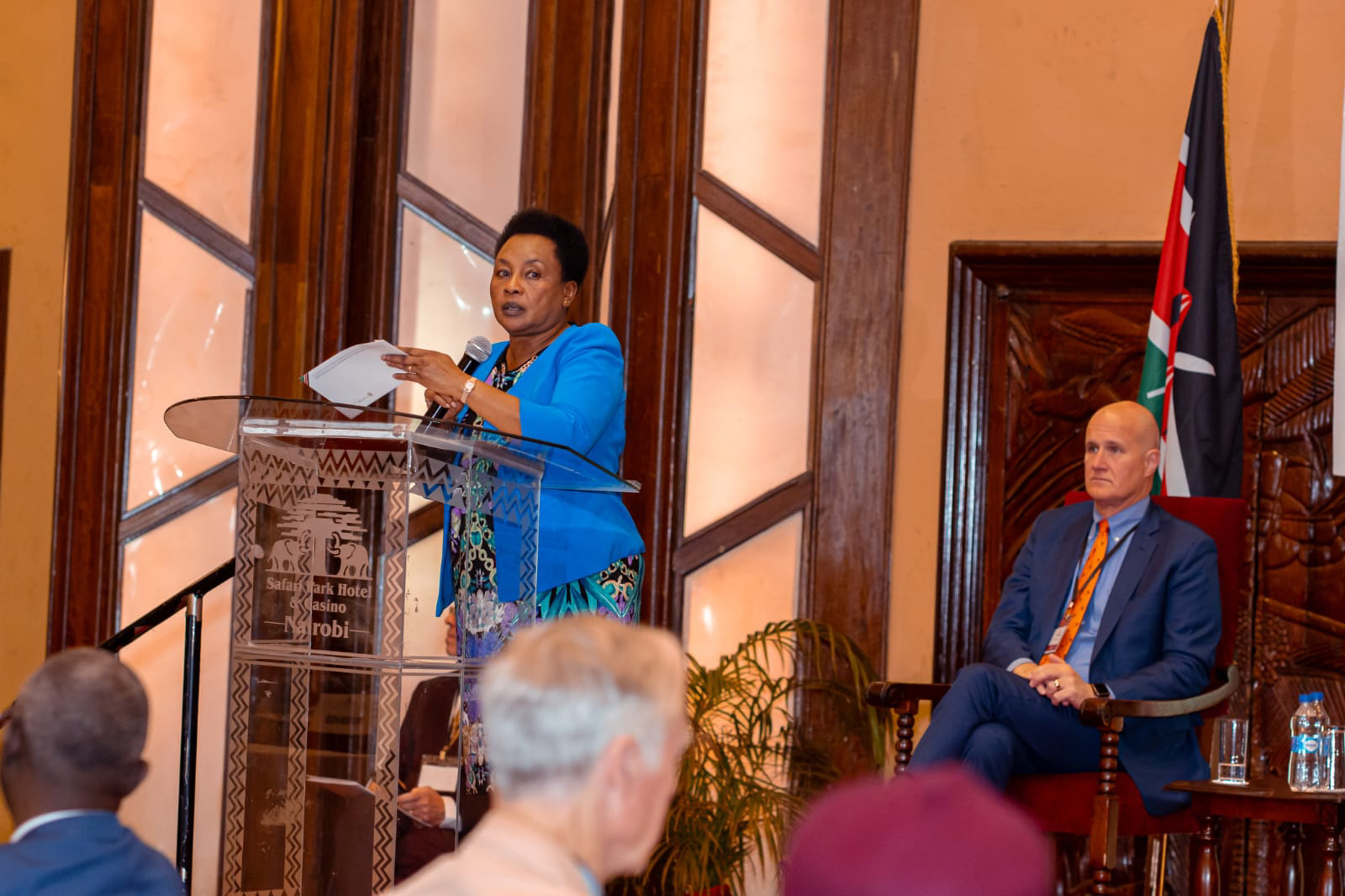Kenya Unveils State-of-the-Art Polio Lab to Boost Regional Health Security
By John Toris
In a significant leap for public health in East Africa, the Kenyan government has officially opened a cutting-edge polio laboratory at the Kenya Medical Research Institute (KEMRI). The facility, established through a partnership with the World Health Organization (WHO) and the Gates Foundation, is poised to transform disease surveillance and epidemic preparedness in the region. The Cabinet Secretary for Health, Hon. Aden Duale, unveiled the lab on Tuesday, flanked by senior ministry officials, KEMRI leadership, and Dr. Diallo, the WHO Country Representative.
PHOTO: Health CS Aden Duale alongside health officials from WHO and KEMRI addressing members of the press today at KEMRI, NairobiCS Duale hailed the laboratory as a state-of-the-art facility that marks a pivotal shift from reliance on international partners to local self-sufficiency. He revealed that prior to its establishment, polio testing samples from Kenya and neighbouring countries had to be sent to laboratories in South Africa or the CDC headquarters in Atlanta, Georgia, in the United States.
"This used to take between 35 to 40 days," Duale stated. "So now we are no longer going to rely on external labs. That will help us lower cost and ensure we have sustainability through our domestic investment."
Beyond polio, the lab is designed as a foundation for a broader multi-pathogen genomic platform. This will enable Kenyan scientists to rapidly detect and respond to a wide range of epidemic and pandemic threats, including mpox, measles, rubella, and other emerging pathogens.
"This will help Kenya's compliance with international health regulations and also strengthen our global health security," the CS added.
The facility is expected to firmly establish Kenya as a regional leader in health science. Duale announced that the lab will serve not just Kenya, but also numerous other countries in the region, including Yemen, Comoros, Ethiopia, Somalia, Eritrea, and Sudan. "It will turn Kenya into its ambitious program to become a continental health science lab," he said.
The launch also addressed recent concerns about funding cuts to state institutions like KEMRI. CS Duale as well disclosed that the government has elevated KEMRI to "an institution of strategic national importance," equating it to a "national security installation."
"This means we will be deliberate to make sure that KEMRI gets its fair share in the budget," Duale assured, adding that discussions with international partners, including the U.S. State Department, are ongoing to secure continued support for the gains made.
The new laboratory is celebrated for its potential to create jobs for local scientists and technicians, accelerate outbreak response times, and provide a premier platform for innovation and research, cementing Kenya's role as a hub for medical excellence in Africa.





Comments
Post a Comment